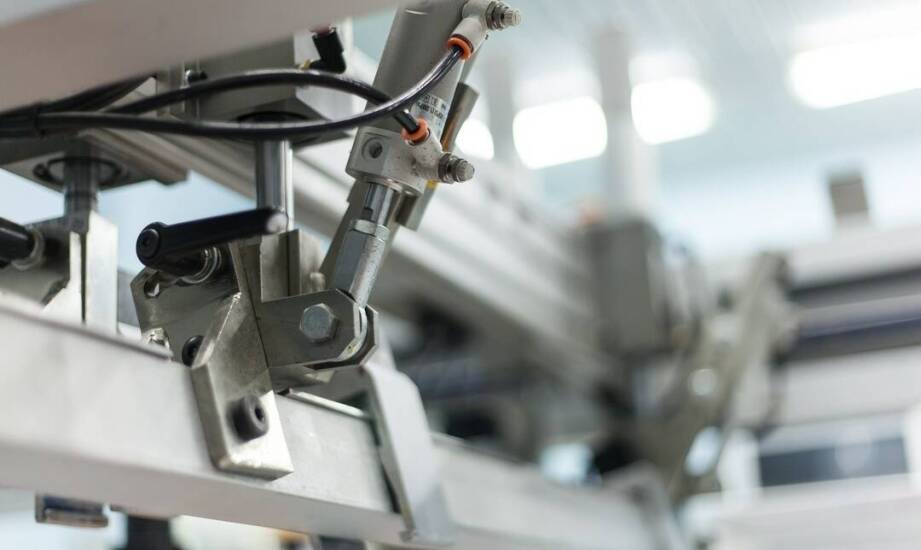Sponsored article
How to choose the type of welding machine to suit your needs?

Welding is a key process in many industries that makes it possible to join different materials using heat. The right choice of welding machine is important for the efficiency of production and the quality of the final products. It is worth paying attention to the specific needs of the company and the type of processed materials. This allows to achieve optimum results and minimise the costs of operating the machine.
Types of welding machines
There are different types of welding machines available on the market that differ in their functions, applications and design. Notable among these are models designed for the production of PVC film packaging, as well as carousel welding machines that ensure high productivity and precision. This machines is used in a wide range of industries, for example in the food, medical and cosmetics sectors. The choice of the right equipment depends on the specifics of the production and the quality and efficiency requirements of the welding process. Industrial welding machines are characterised by high-precision operation and advanced control systems that allow the process to be adapted to the properties of the material. Zemat Technology Group's offer includes high-frequency (HF) welding machines that use electricity to join materials such as PVC and TPU. They are ideal for the automotive, medical, textile or entertainment industries. Zemat also offers impulse welding machines such as the Pulsa Eco, dedicated for example to textiles and banner production, and the more advanced Pulsa Suprim models for automating production processes. Fixed heat welding machines, such as Terma and Terma R, are available for the production of blister packaging. Each machine is designed with the customer's individual needs in mind and thus allows Zemat Technology Group to provide solutions that meet the highest requirements for quality and efficiency in the welding process.
Factors influencing machine selection
Choosing the right welding machine depends on several key factors. The first consideration is the capacity of the machine, which should be adapted to the needs of the production. Another important aspect is the precise control of temperature and welding time that allows the process to be perfectly matched to the properties of the materials used, such as PVC, TPU or technical textiles. No less important is the degree of machine automation – more advanced automation systems can significantly speed up production, reduce the risk of errors and optimise operating costs. Availability of technical service and the ability to train employees are also key elements that affect the long-term reliability of the machine and minimise production downtime. A well-chosen machine should also take ergonomics and occupational safety into account, as it translates into user comfort and regulatory compliance. A comprehensive approach to equipment selection allows to achieve the best possible results in the heat welding process, regardless of the industry or production specifics.
Heat welding applications
Heat welding is used in many industries due to its versatility and efficiency. In the medical and pharmaceutical sector, heat welding machines are used to create sterile packaging for medicines (e.g. blister packaging), disposable medical accessories and surgical kits, to protect them from humidity and contamination. In the cosmetics industry, heat welding produces durable and aesthetically pleasing packaging such as tubes, sachets and protective films. Welding machines are also used in the production of protective clothing and structural components which proves their versatility and importance in modern industry.
Tips for buying a machine
When purchasing a welding machine, there are several important aspects to consider. First of all, the choice of the supplier is crucial for the quality of the machine and service support. Choose reputable companies that offer proven solutions and professional advice.
The selection of the right welding machine is crucial for the efficiency of production processes. The nature of the materials, the type of packaging and the requirements for productivity and precision must be taken into account. It is advisable to seek the advice of a proven and reliable manufacturer when selecting equipment.



